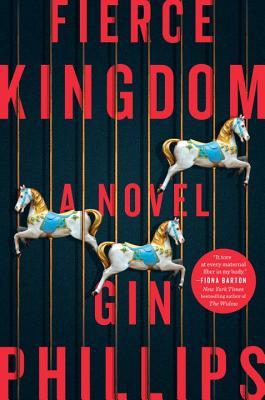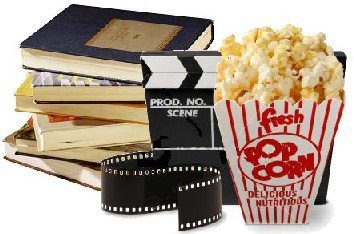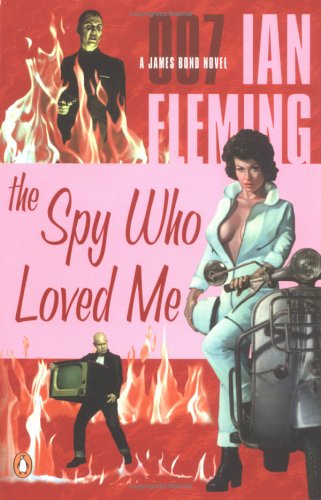I am delighted to be the newest member of the SleuthSayers community! Over the years, I have learned so much from posts written by this esteemed group. It is an honor to be a contributor and share what I have learned during my writing journey.
It’s Valentine’s Day, and I’m going to talk about love, LITERARY LOVE, the kind we can spread by writing thoughtful reviews while, at the same time, giving a little literary love to ourselves.
Here’s more on my experience with the power of reviews.
Writing ReviewsWhen I began writing, I wanted to understand what made a story great. I’m an avid reader, but I realized learning craft through reading wasn’t enough. I needed a deliverable with a deadline. When I was offered an opportunity to review books for Publisher’s Weekly, it was exactly what I needed, and I accepted. This set the stage for my writing career.
Publisher’s Weekly has specific style guidelines for their reviews, and I learned how to analyze books and convey my overall impression in a tight and succinct way. Page citations were required for proper names, major plot points, and other details that substantiated my conclusions.
This deep dive taught me about structure, how to develop character, the importance of stakes, and how to use conflict to keep readers engaged. I learned why some stories held together and reasons why others fell apart. The experience not only taught me to read with purpose, but writing the review helped me internalize lessons that I later applied to my own stories.
It has been years since I contributed to the magazine, but I still write reviews, both novels and short fiction. They aren’t public. I keep a reading journal with lists of interesting twists, setups and payoffs, character motivations, and unique approaches to story structure. There are also notes about stories that didn’t resonate with me. Both provide learning opportunities that are helpful.
Reading reviews has taught me a lot, too. We are fortunate to have wonderful contributors in our community who write reviews and essays that are mini masterclasses in storytelling.
Art Taylor’s, “The First Two Pages,” is a great resource. The blog series, originally created by B.K. Stevens, hosts craft essays by short story writers and novelists who analyze the opening of their own work. In “Little Big Crimes,” Rob Lopresti reviews his favorite short stories each week. He is a talented writer and editor, an avid reader, and former librarian. If a story makes his blog, you know it’s something special.
Lifting up the Community
Anne van Doorn and Ed Ridgley review short stories on Facebook. I look for their posts each week and discover new writers this way.
Kevin Tipple is also dedicated to shining a light on short fiction. Through his blog, "Kevin's Corner," and social media posts, he is always promoting authors from the short fiction community.
Recently, I was working on a story that was crushing my soul. We’ve all had them, right? A friend forwarded a review of one of my stories that I hadn’t seen. It was an unexpected gift from the universe and reminded me that I could still do this thing called writing.
I would be remiss if I didn’t touch on the dark side of reviews. Of course they are out there. However, I believe when we review stories by fellow writers, we have a responsibility to highlight the positive, to lift up each other, and should share our perspectives with this in mind.
Have you written reviews? Do you keep a reading journal? Have reviews influenced your writing?
***
Speaking of reviews, if you want to learn about my latest short story, “A Rose for a Rose,” from Mickey Finn: 21st Century Noir Vol. 5, edited by Michael Bracken, check out Ed Ridgley’s recent review on Short Mystery Fiction Society.





























